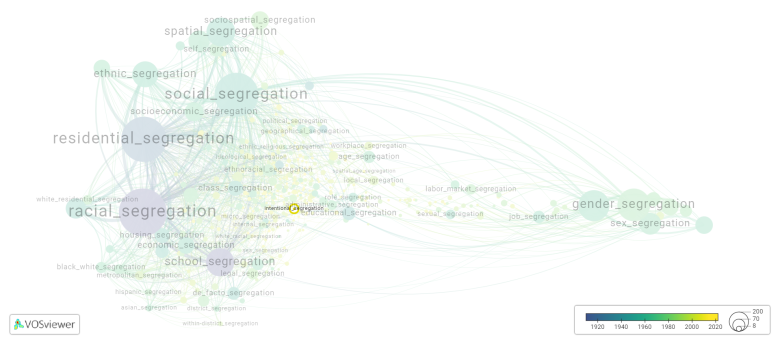Intentional segregation
Date and country of first publication[1]
2019
United States
Definition
Intentional segregation refers to the deliberate separation of individuals or groups based on certain characteristics, such as race, ethnicity, or socioeconomic status. This separation is often enacted through policies or practices that aim to isolate certain populations from the rest of society.
Historically, intentional segregation has been most commonly associated with racial segregation in the United States. During the period of Jim Crow laws in the late 19th and early 20th century, state and local governments implemented laws that mandated racial segregation in various public institutions, such as schools, transportation, and housing. These policies aimed to maintain white supremacy and deny African Americans equal rights and opportunities.
Other examples of intentional segregation include apartheid in South Africa, where a system of racial segregation was enforced by the government from 1948 to 1994, and the caste system in India, which has long perpetuated social and economic segregation based on birth status.
Although intentional segregation has been largely outlawed in many countries, it can still persist in more subtle forms, such as through housing discrimination, educational disparities, or exclusionary social practices. Efforts to combat intentional segregation focus on promoting diversity, inclusivity, and equal opportunities for all individuals, regardless of their characteristics.
See also
Related segregation forms
Intentional segregation is frequently discussed in the literature with the following segregation forms:
This visualization is based on the study The Multidisciplinary Landscape of Segregation Research.
For the complete network of interrelated segregation forms, please refer to:
References
Notes
- ↑ Date and country of first publication as informed by the Scopus database (December 2023).
Intentional segregation appears in the following literature
Donato R., Hanson J. (2019). Mexican American resistance to school segregation. Phi Delta Kappan, 100(5), 39-42. SAGE Publications Inc..https://doi.org/10.1177/0031721719827545

